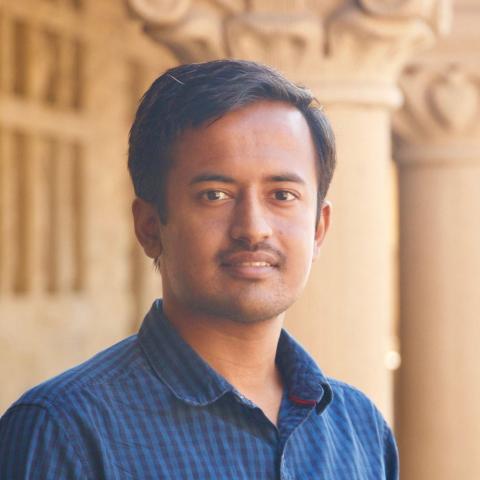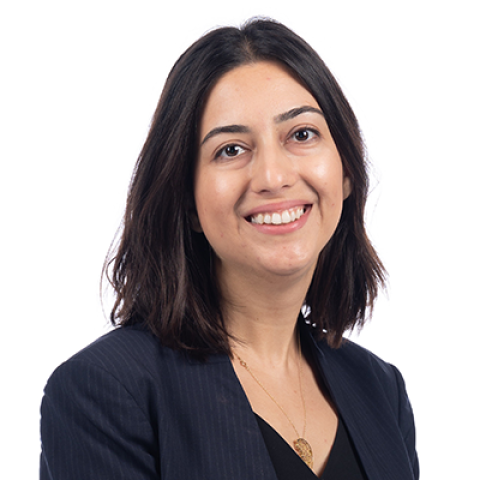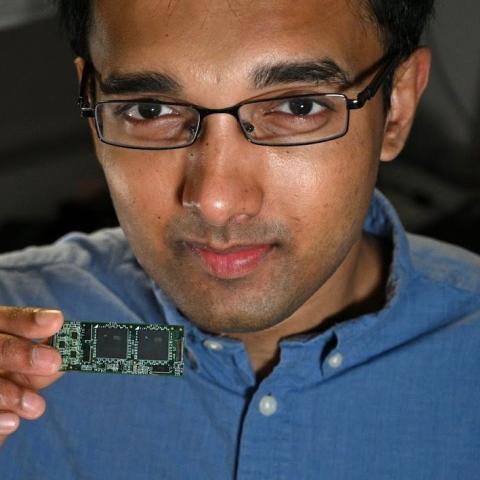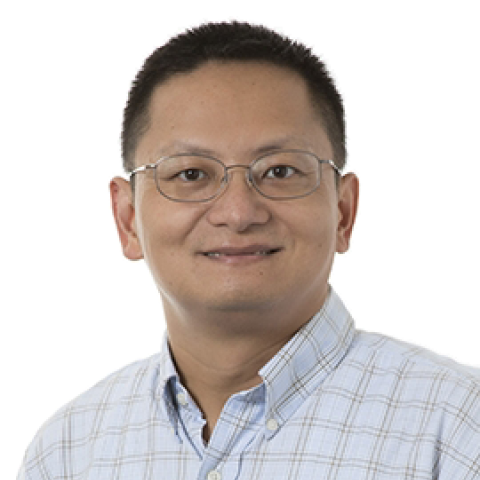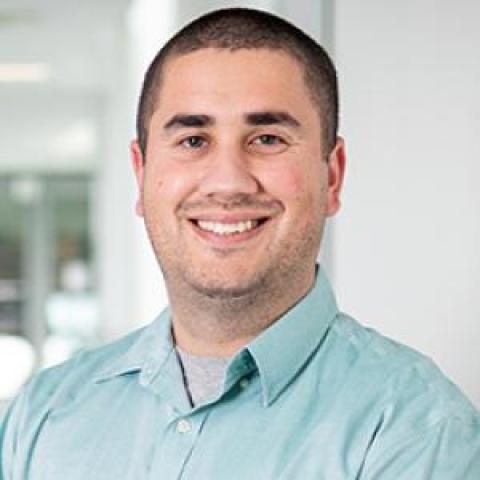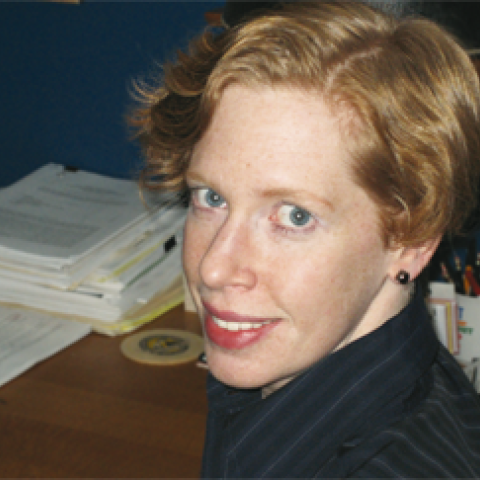Aaron Jezghani

Aaron joined the PACE team in May 2019 as a computing facilitator, and currently serves as the Scheduler Architect. Through supporting users, he grew to appreciate the opportunity to improve HPC workflows through scheduler and systems configurations that lower the barrier to entry and passively optimize code execution. Additionally, Aaron has been involved in the Vertically Integrated Projects (VIP) program since Spring 2020, mentoring multiple teams of students with the Team Phoenix VIP through international HPC competitions at the ISC-HPC and Supercomputing conferences and more recently, providing leadership for the Future Computing with the Rogues Gallery VIP as they research applications of novel compute architectures. Prior to joining PACE, Aaron studied free neutron and nuclear beta decay as a precision test of the Standard Model, which entailed a diverse range of activities, including particle simulation and detection, digital and analog signal processing, and algorithm optimization across x86, GPU, and FPGA architectures.
